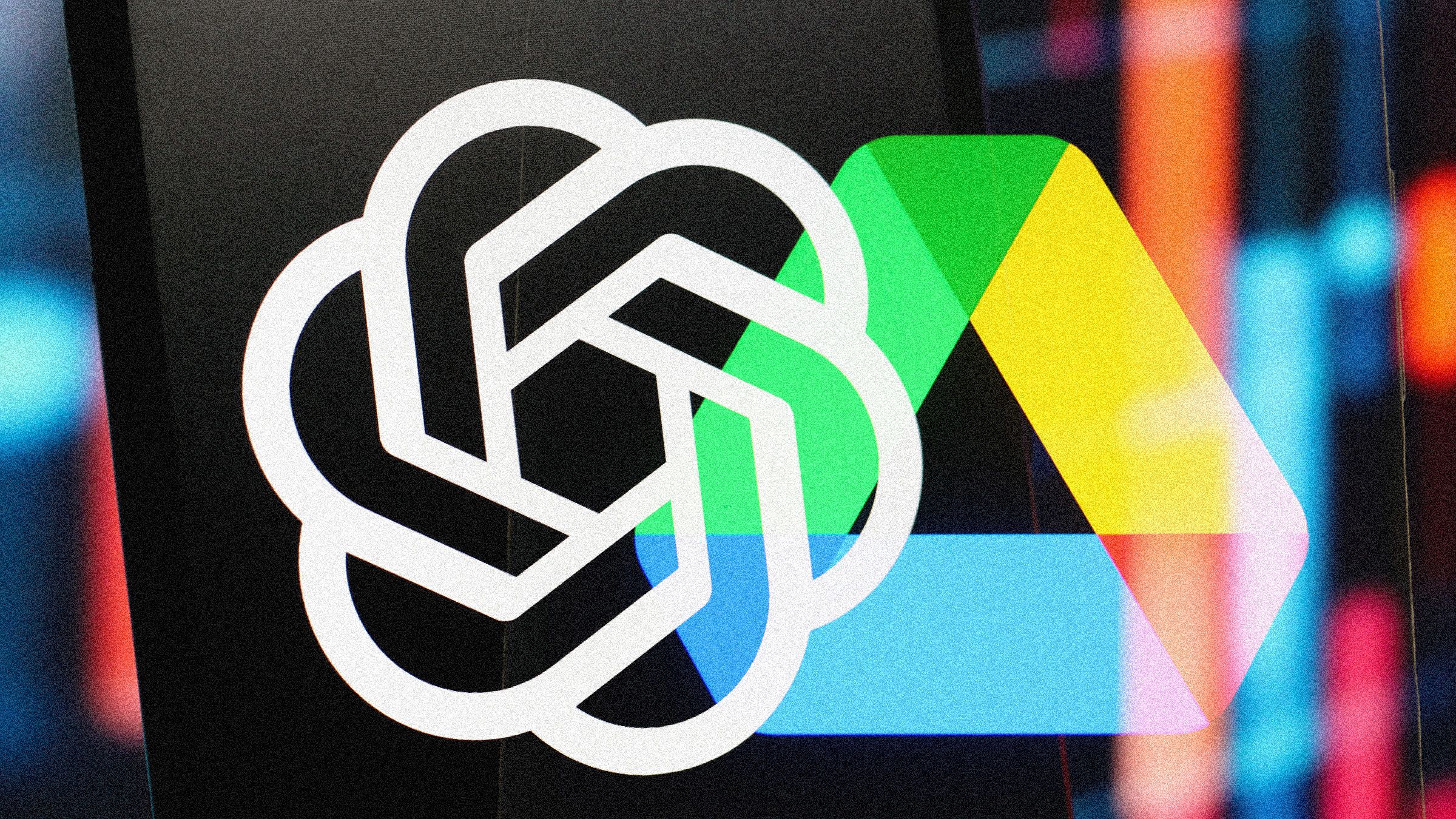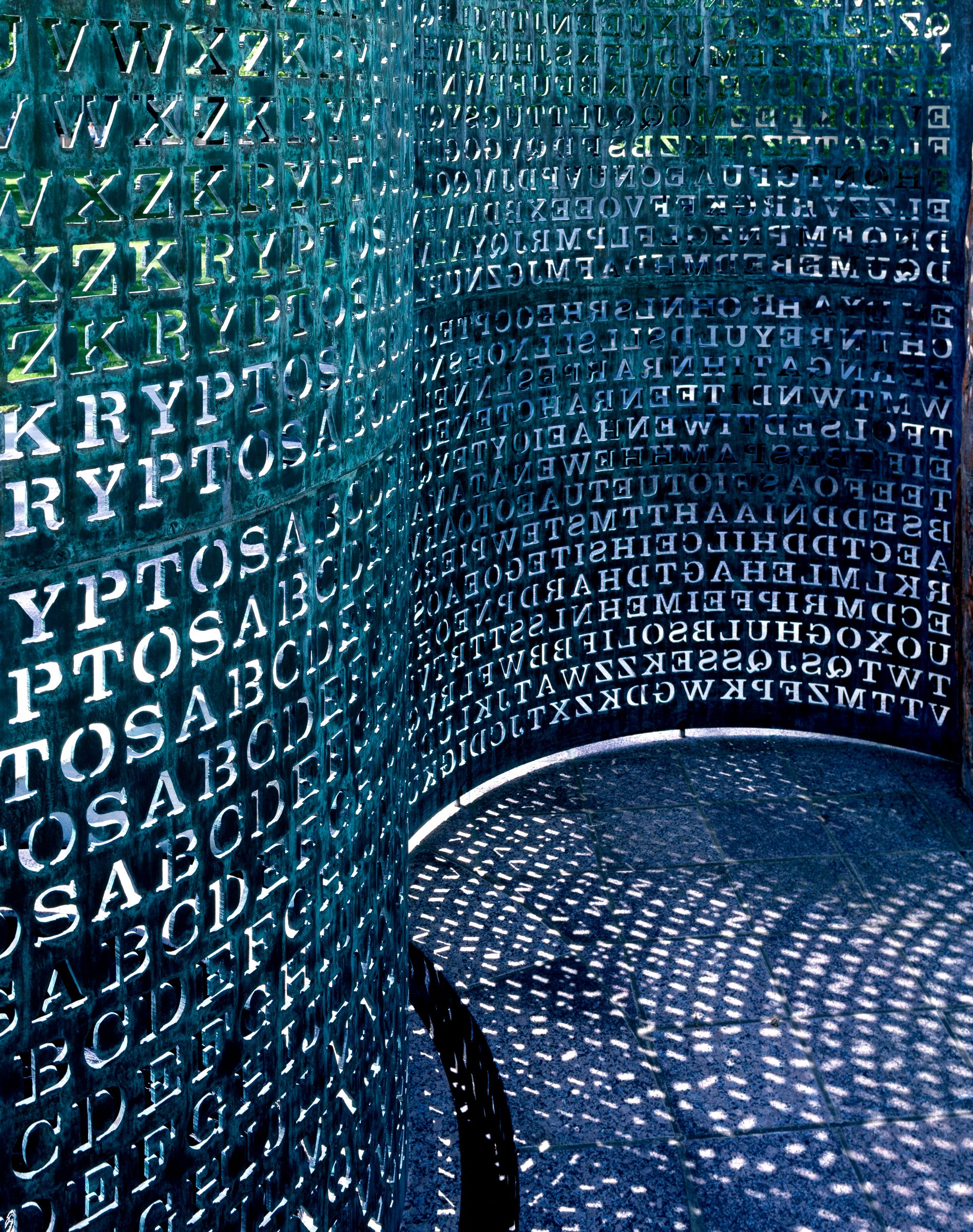A Single Poisoned Document Could Leak ‘Secret’ Data Via ChatGPT
A Single Poisoned Document Could Leak ‘Secret’ Data Via ChatGPT
In a world where data security is of utmost importance, a new threat has emerged in the form of a single…

A Single Poisoned Document Could Leak ‘Secret’ Data Via ChatGPT
In a world where data security is of utmost importance, a new threat has emerged in the form of a single poisoned document that could potentially leak ‘secret’ data via ChatGPT. This latest vulnerability poses a significant risk to organizations and individuals who rely on chatbots for communication and collaboration.
ChatGPT, a popular AI-powered chatbot developed by OpenAI, has been found to be vulnerable to malicious documents that can exploit its document-sharing feature. When a poisoned document is uploaded to ChatGPT, it can potentially leak sensitive information to unauthorized parties.
The implications of this vulnerability are significant, as it could lead to the exposure of confidential business data, personal information, and other sensitive materials. Organizations that use ChatGPT for internal communication or customer interactions must be vigilant and take steps to protect their data from potential leaks.
Security experts recommend implementing strict access controls, encryption, and regular security audits to prevent such data leaks. Additionally, users are advised to be cautious when sharing documents with ChatGPT and to only upload files from trusted sources.
As the use of AI-powered chatbots continues to grow, it is crucial for developers to prioritize data security and privacy. Ensuring that chatbots are equipped with robust security features and protections can help mitigate the risk of data leaks and breaches.
Ultimately, the threat of a single poisoned document leaking ‘secret’ data via ChatGPT serves as a stark reminder of the importance of cybersecurity in today’s digital age. By remaining vigilant and proactive in safeguarding data, organizations and individuals can protect themselves from potential threats and vulnerabilities.



